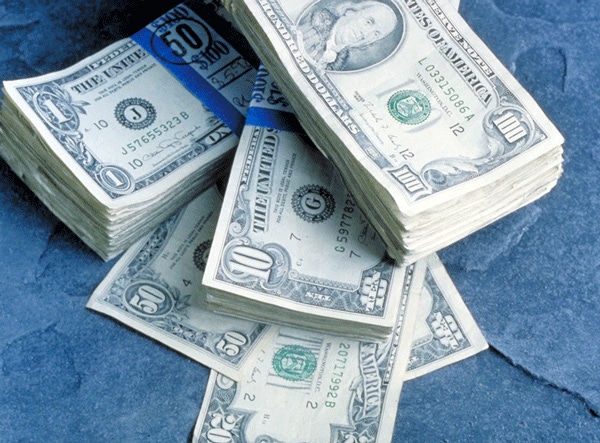March 16, 2011

Since the end of World War II the dollar has virtually been the world currency, accepted for payment almost anywhere in the world.
But some say the U.S. dollar may soon be replaced in this capacity. Why? And what would this mean? North Carolina State University economist Mike Walden answers.
“The dollar has been the so-called world currency for two big reasons: First of all, there are more transactions done in the world in dollars than any other currency by far. The U.S. economy is still twice as large as the No. 2 economy. And 25 percent of all economic activity in the world still is based here in the U.S. So there are more dollars than any currency and more trades in dollars than with any other currency.
“The second reason the dollar has been the world currency is that it has had a relatively stable value over time. And I think here is the problem. The dollars’ value against a mix of foreign currency has actually fallen by half over the last 30 years.
“So I think if the dollar has a problem it is not in terms of the number of transactions in the world that (use) dollars, it is in terms of perhaps investors worrying about will the dollar hold its value.
“But with that said, it would take a long, long time in the estimates of many economists for any other currency to replace the dollar. If it did, what that would mean for you and me is we would probably face higher prices for imports, and we would also face higher interest rates.”
You May Also Like




